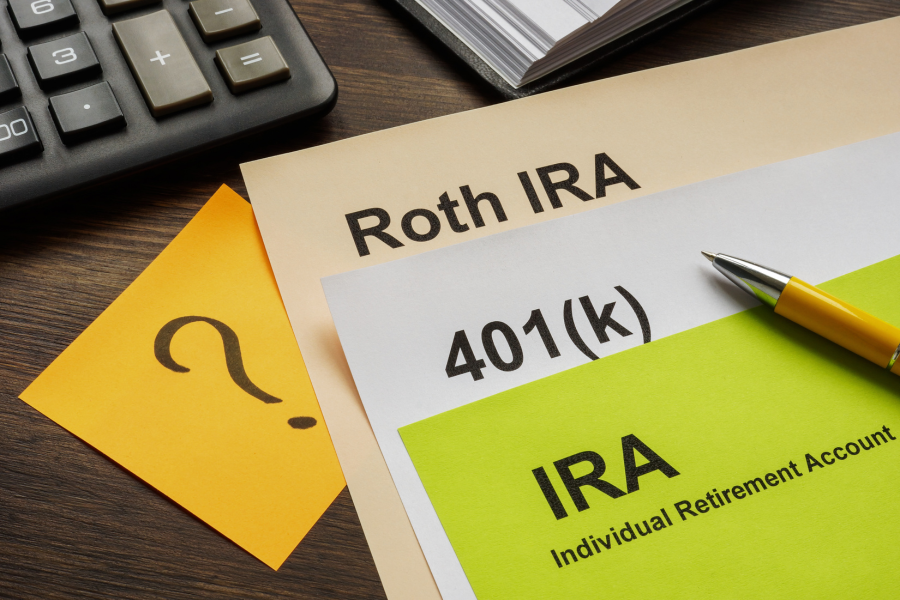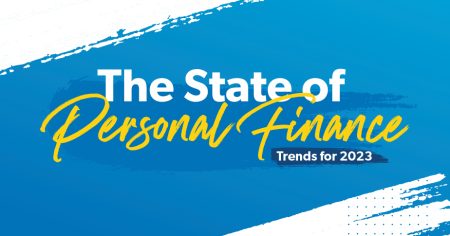As you enter the workforce, retirement may not be the first thing on your mind with rent and student loan payments circling above your head, but it definitely shouldn’t be the last. It’s never too early for you to start planning for retirement. This phrase cannot be overstated. It is a fact that the earlier you start consistently saving, the better off you’ll be when you want to retire. Are you ready to take the plunge and begin planning? This article will discuss tips and strategies to help retirement planning for young adults.
Wait, There’s Different Plans?
Yes, there are more options than your run of mill savings account. There are various retirement plans available, each with its own set of benefits and considerations. Here are a few popular options to consider:
401(k) Plans
These are employer-sponsored retirement savings plans that allow you to contribute a portion of your pre-tax earnings. Many employers offer matching contributions, which can significantly boost your retirement savings. Employers typically highlight 401(K) plans as a benefit in job listings or during orientation. If you have accepted a position and are uncertain about the availability of a 401(K) plan, don’t hesitate to reach out to your HR department for clarification.
Individual Retirement Accounts (IRAs)
IRAs are personal retirement savings accounts that offer tax advantages. There are two main types: Traditional IRAs, where contributions may be tax-deductible, and Roth IRAs, where contributions are made with after-tax dollars but withdrawals in retirement are tax-free.
Pension Plans
Though less common in the private sector today, some employers still offer pension plans which provide a fixed, often lifetime, income stream in retirement. These are typically funded by the employer.
Self-Employed Retirement Plans
For those who are self-employed, options like SEP IRAs (Simplified Employee Pension) and Solo 401(k)s offer great ways to save for retirement with higher contribution limits.
Health Savings Accounts (HSAs)
If you have a high-deductible health plan, an HSA can be a powerful tool for retirement planning. Contributions are tax-deductible, grow tax-free, and withdrawals for qualified medical expenses are also tax-free. After age 65, withdrawals for non-medical expenses are taxed at your regular income rate, similar to a Traditional IRA.
Starting Early
Starting young is crucial for a secure retirement, so begin by saving a portion of your income as early as possible, ideally aiming for at least 15% of your earnings. Take advantage of employer-sponsored retirement plans like 401(k)s, especially if your employer offers matching contributions, as this is essentially free money. Additionally, consider opening an IRA to diversify your retirement savings. Invest wisely by researching low-cost index funds or seeking advice from a financial advisor.
Also, living below your means, if you’re able to, can ensure you can consistently save. Remember to periodically review and adjust your financial plan to stay on track with your long-term goals. You could also use apps like CreditU to set and track your financial goal of retirement.
Regularly Review and Adjust Your Plan
Life is full of changes, and your retirement plan should be flexible enough to adapt. Regularly review your retirement savings and investments, and adjust as needed to stay on track. Major life events like marriage, the birth of a child, or a career change can impact your retirement plan, so it’s essential to reassess your strategy periodically.
Exploring The Different Retirement Plan Options
Planning for retirement may seem overwhelming, but breaking it down into manageable steps can make the process more approachable. Start by exploring the different retirement plan options. Determine how much you need to save and regularly review your progress. If you are joining the workforce it’s time to get started saving for your retirement. Do your research and pick the best option for you. Remember, the earlier you start, the more time your money has to grow, setting you up for a comfortable and financially healthy retirement.
If you are struggling to pay off debt, ACCC may be able to help. Sign up for a free credit counseling session with us today.
Read the full article here












